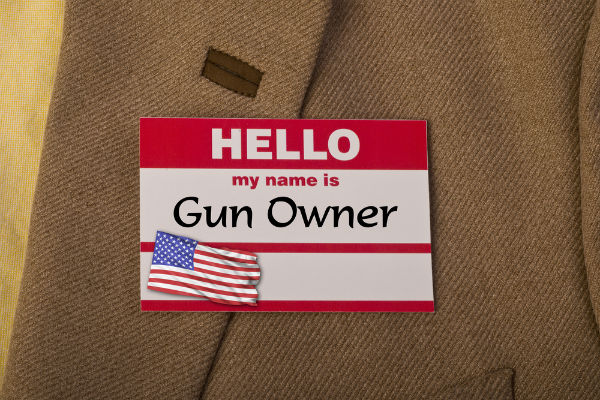Canadian and U.S. employment-related terminology


By Brian Kreissl
Continuing with the theme of the uniqueness of HR in Canada, this post focuses specifically on some of the differences between Canada and the United States. In spite of the fact that Canada is so multicultural and we trade with many other countries, to many Canadians the only comparison that seems to matter is between us and the United States which is, of course, our largest trading partner and closest neighbour.
Other than issues relating to labour and employment law, which I have already covered, many U.S. employers in particular treat Canada as an extension of the United States when entering the Canadian market. They often fail to realize that the terminology, the legal and regulatory framework and even the culture can be quite different north of the border.
RRSP versus 401(k) plans
At one point, I had been working for a large Canadian financial institution and my job was outsourced to an American company. I ended up working for that company doing the same work I was doing for the client company.
Soon after the transition, some people came up to give a presentation to us on the new company. I had to laugh because one of the people actually said to us in a Texas drawl, “Y’all are gonna get 401(k)s,” when outlining our new benefits packages.
Obviously no one had told him we don’t call our retirement savings plans 401(k)s, after the relevant section of the U.S. Internal Revenue Code. While the basics are the same, we refer to such savings vehicles as group registered retirement savings plans (RRSPs).
Job advertisements and employment equity programs
I also chuckle when I read job advertisements from U.S. companies for vacancies in Canada asking for candidates with “B.S.” or “associates” degrees (we would generally refer to these as B.Sc. (Bachelor of Science) degrees or college diplomas (although I believe some institutions in Western Canada do award associates degrees)).
The whole college versus university thing can be confusing because Americans often refer to four-year degree-granting institutions as colleges. I have even read about Americans saying they never attended college when they actually did graduate from community college. Yet, that is exactly what we would refer to as “college” because we generally refer to institutions that grant bachelor degrees as universities and community college or trade school simply as “college.”
We also tend not to refer to anything below the level of a baccalaureate qualification as a degree. Instead, those qualifications are referred to as diplomas or certificates here, and almost no one in Canada refers to a “high school degree” (high schools don’t grant degrees, universities do).
Similarly, companies that refer to themselves as EEO (Equal Employment Opportunity) employers in Canada are referring to an American program that doesn’t really apply in Canada (although we do have human rights and employment equity legislation here as well). Affirmative action programs are generally referred to as employment equity initiatives, and when it comes to diversity reporting the categories and terminology used are different here in Canada.
While many people here actually understand what these terms mean, U.S. companies posting vacancies for jobs in Canada would be best to ensure the terminology reflects Canadian practices, culture and compliance requirements.
Canada as an extension of the United States
I often get emails from publicists and advertisers assuming I am in the United States or that U.S. compliance requirements somehow apply to me or my business. This includes messages about the Affordable Care Act (“Obamacare”) or issues like “bring your guns to work” laws that don’t apply here (we don’t have a constitutional right to bear arms in Canada, and employers most certainly are entitled to ban firearms from their premises, including parking lots).
I cannot help but think at least some U.S. employers have similar misconceptions about their Canadian operations and employees.
I have mixed feelings about some of this. On the one hand, I enjoy travelling in the United States, like and respect Americans and tend to think of them as just like us in many ways (although some do seem to have strange views on issues such as guns, health care and the separation of church and state). The U.S. doesn’t really seem like a “foreign” country to me.
However, it does feel strange when our American cousins simply treat our country as an extension of theirs. At times, people in other countries even do the same.




